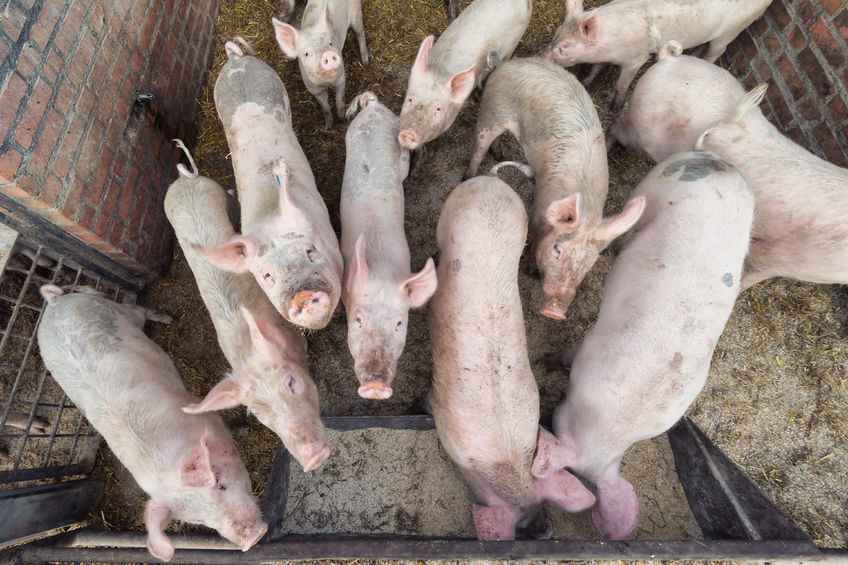Labour plans to phase out 'intensive factory farming' labelled 'too simplistic' by pig farmers

Labour Party plans to move away from "intensive factory farming systems" has been labelled "too simplistic" by the pig industry.
The Labour Party has unveiled plans to use subsidies to incentivise a move away from "intensive factory farming" systems.
This week, the party published a 50-point draft policy document, ‘Animal Welfare For The Many, Not The Few,’ which will now go out for public consultation to inform the its post-Brexit animal welfare policy.
But the proposal to "design post-Brexit farm subsidies to move away from intensive factory farming and bad environmental practices" is of "potential concern" to the pig sector, given the range of systems deployed to produce, according to the National Pig Association (NPA).
The document also proposes to: "Introduce phased ban on sow farrowing crates with a reasonable phase-out period, replacing with safe, free-farrowing systems."
'Too simplistic'
NPA chief executive Zoe Davies said the document is "ambitious" at first glance, but also "too simplistic".
"Brexit offers an opportunity to build on the UK’s already high standards of animal welfare, and some of the policies laid out in the document will certainly help deliver that," Ms Davies said.
"British pig farmers are proud to produce quality, affordable pork to high animal welfare standards and future policy must be based on robust evidence to ensure they can continue to do so."
She said the NPA is keen to engage with Labour in discussions on what defines "intensive factory farming", given the "significant differences" between UK production and US production, for example.
"Many factors contribute to animal welfare and environmental impact on farms. To try and link these to scale and farming systems is too simplistic."








